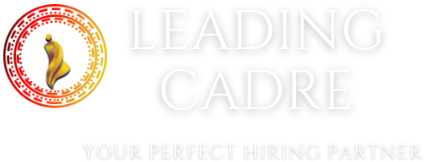What your resume should include
Personal Details
Full Name and address and contact telephone numbers (including area codes), your date of birth (optional), marital status (optional), and whether or not you hold a driving license (you do not need to include any convictions.)
Personal Profile
This is optional but should show brief information about your personality, characteristics, and strengths, written in the third party.
Employment History
Always list your employment in reverse chronological order over the last 10 years. If you have only worked for 1 company, break it down showing each position held within the company or major projects dealt with. Make sure you include Job title, name of the organisation, type of business, city and dates of employment (do not confuse your resume by being over specific with dates, month, and the year is sufficient).
List your Responsibilities and Achievements; the most important first, remember to elaborate on those areas that are particularly relevant to the position you are applying to.
If you have just left full-time education and do not have extensive work experience, including any previous part-time positions (bar work, etc.) as any experience will be seen in a good light, even though it may not be relevant to this particular role.
Education
List your highest achievement first stating qualification and grade, subject, dates, and educational establishment. Continue with other qualifications to the senior school level, but to save space do not be too specific if you have since gained a tertiary education.
Skills
Use this section to highlight any skills or training undertaken that is relevant to the position for which you are applying. State the level of your skills where possible.
Professional Memberships
Mention any relevant professional memberships as well as any contributions made to professional organizations.
Hobbies (Extracurricular activities)
This should be brief and show your interests away from the work environment.
References
Two references are adequate, you should include your current or last employer, and alternatively, you could use your college lecturer if you have recently finished education. If your resume is becoming too long you may write; “references are available upon request”.
Points to remember
- Always provide a brief cover letter with your resume, this can save time on re-writing your resume each time you apply for a role as it can highlight points specifically relevant to this position.
- Keep your resume as concise as possible – 2 to 3 pages are ideal. More than 4 is too long.
- Use clear typeface and plenty of white space to avoid overcrowding – your resume must be easy to read to keep interest levels high.
- Avoid excessive narrative.
- Print on one side of the paper only and staple it together.
- Email your resume where possible instead of faxing, companies like to keep an electronic version.
- Double-check for spelling mistakes and grammatical correctness – get someone else to check it also, and do not rely on “spell check”, as this often “Americanises” your spelling.
- Avoid self-opinion and aim to include facts and evidence.
- If you do send a hard copy resume use good quality paper – never colored, as this will not photocopy well.
Remember – Your resume will decide whether or not you are selected for an interview – a good document will show the prospective employer that you have taken time and effort to apply for the role, a bad document will show sloppiness and a lack of commitment.




